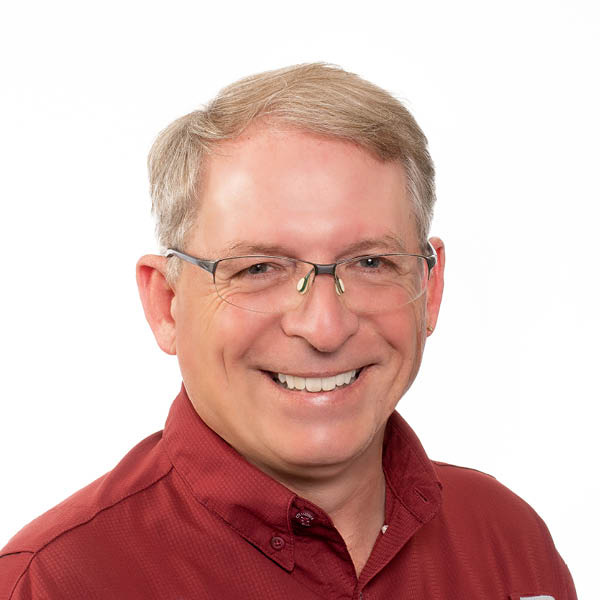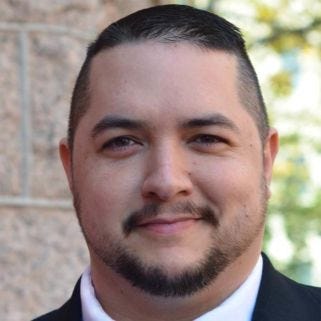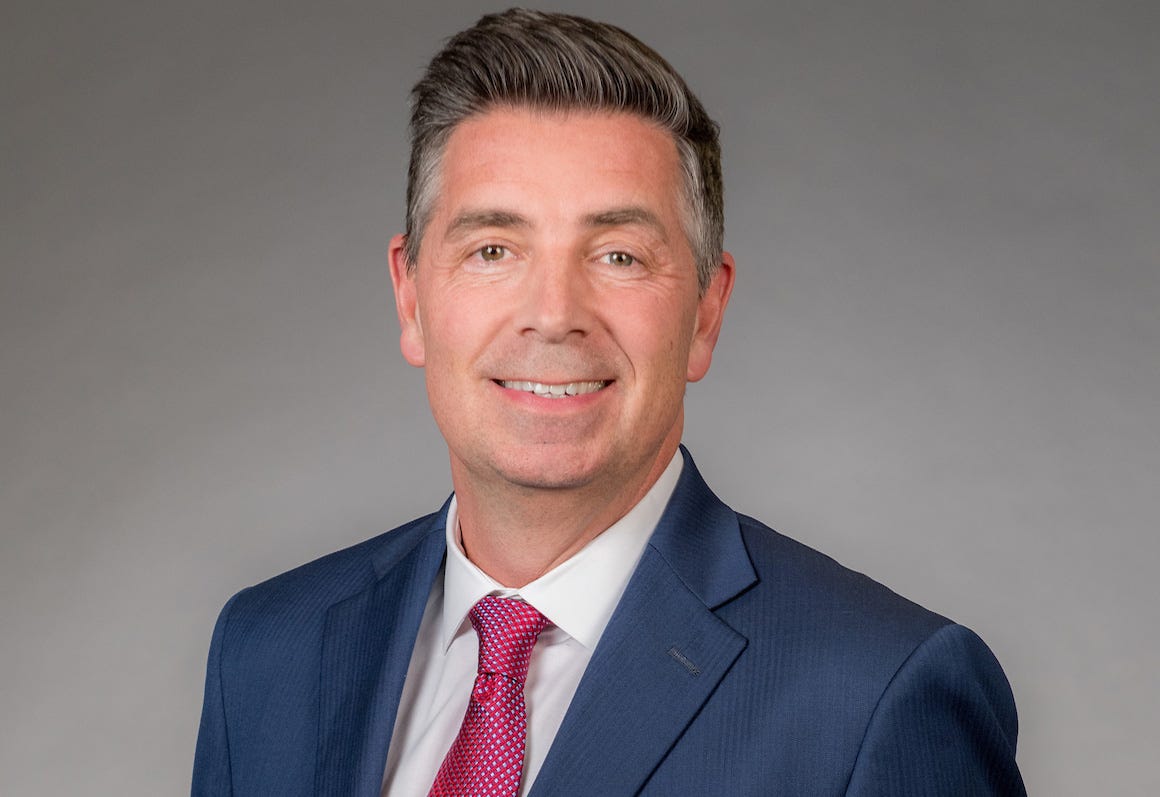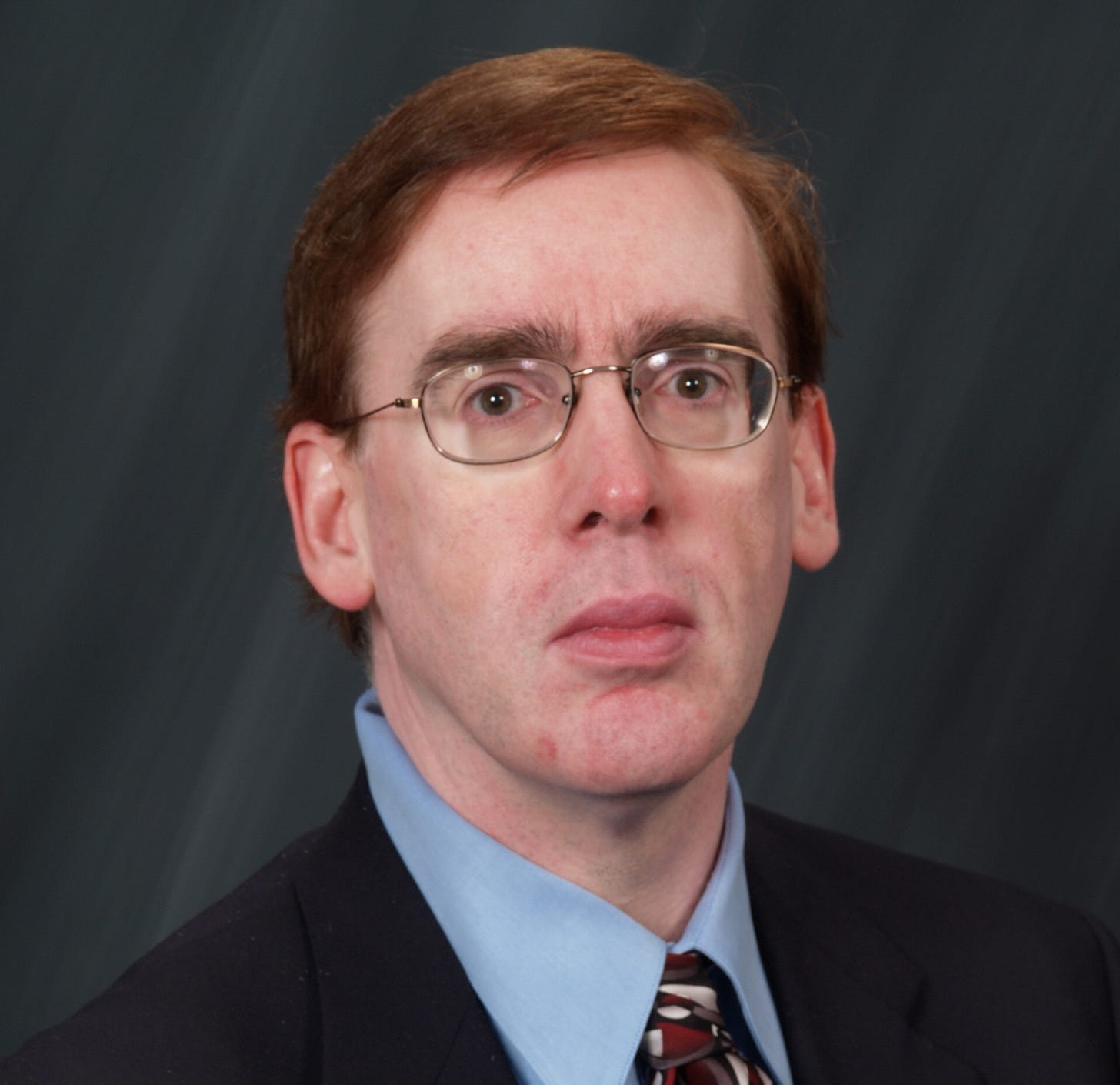Local heroes
FreeCons champion practical policy reforms implemented closer to home
Among the many policy positions that divide Freedom Conservatives from our rivals on the Progressive Left and Populist Right, none is more salient today than the continuing assault on American federalism.
Our Founders created a constitutional framework in which state governments, not federal agencies, were empowered to take the lead on infrastructure, education, and other public services. They envisioned a unified country, yes, but a decentralized one in which local communities could make their own decisions via elected representatives and direct democracy.
“The best way to unify a large and diverse nation like the United States is to transfer as many public policy choices as possible to families and communities,” we wrote in the FreeCon Statement of Principles.
“Much of the discord in America today comes from the fact that too many decisions are made for us by centralized authorities.”
Progressives and populists sometimes employ the rhetoric of federalism — typically when the other side holds the reins of power in Washington — but they exhibit no serious commitment to it.
Nor is the problem limited to politicians in the nation’s capital. One of our FreeCon signatories, Ray Nothstine, edits the pro-federalism journal American Habits. The current “arms race” among lawmakers Texas, California, New York, and other states to redraw congressional districts for partisan gain illustrates an “addiction to power and the opportunity to reign over the spoils and largesse of Washington,” he wrote last week.
“The simplest fix? Return more power to the states. When Washington matters less, congressional redistricting battles matter less. Federalism means allowing states to govern more of their own affairs, making each race less about controlling Washington and more about representing local priorities.”
Today we feature other FreeCons working at the state and local level to reclaim the powers guaranteed by the 10th Amendment to address today’s biggest challenges closer to home.
Build resilience
Sam Staley directs the DeVoe Moore Center at Florida State University, where he teaches courses in social entrepreneurship, economic development, land use and regulation, urban policy, and research methods. He’s also a FreeCon signatory.
Staley previously served as a fellow at the Reason Foundation, where he specialized in transportation, regulatory, and land-use issues, and as president of the Buckeye Institute, a state policy think tank in Ohio.
In a recent piece for the Fort Myers News-Press, he offered Florida policymakers an action plan for improving the state’s resiliency during hurricanes and other natural disasters.
“The solution does not lie in limiting growth or over-regulating development,” wrote Staley and coauthor Jeff Brandes. “Instead, we should empower communities with land-use reforms that encourage sustainable, resilient building practices while offering homeowners flexibility.”
Allowing homeowners to split their lots and to erect accessory dwelling units such as garage apartments and backyard suites would help, as would upzoning. “This approach allows for more duplexes, triplexes, modest relaxation of height limits and other modest forms of increasing density,” they wrote.
“Allowing for higher densities and more compact development in the right place is key to creating more resilient and sustainable communities that are also more resistant to natural disasters like hurricanes.”
Genuine choice
Jonathan Haines is executive vice president of the Virginia Institute for Public Policy and a FreeCon signatory.
He previously served in leadership roles at the policy nonprofits State Budget Solutions and Federalism in Action. At the Virginia Institute, Haines and his team work on such issues as educational freedom, election integrity, and regulatory reform.
A recent Institute survey of parents, for example, documented that only about half of Virginia parents believe they have genuine school options for their children, a rate significantly below the national average.
The poll, conducted in partnership with 50CAN, also found that parental confidence in their children’s preparation for future careers is similarly low, with only 30% expressing strong assurance.
“The findings demonstrate a unified call across income, ethnicity, and geographic lines for educational flexibility,” the Institute concluded, which includes such options as charter schools, private education, homeschooling, and public school alternatives beyond traditional zoning.
Growing gap
Chip Rogers is CEO of Americans for Fair Treatment, which seeks to educate public sector employees about their freedom to choose to join a union or to abstain from joining a government union, employee association, or other group. He’s also a FreeCon signatory.
Rogers previously served as CEO of the American Hotel & Lodging Association and as a member of the Georgia General Assembly, where he was elected six times and unanimously chosen to serve two terms as Senate Majority Leader.
He has served on the boards of the American Legislative Exchange Council and the State Legislative Leaders Foundation.
In a recent post, Rogers explored the growing gap between unions and the workers they purport to represent.
Referencing American Federation of Teachers president Randi Weingarten’s longtime participation in party politics, he described the “growing chaos, factionalism, and radicalism within the Democratic Party and the labor leadership that props it up, often using money, time, and staff drawn straight from the pockets of American workers who don’t share these political views.”
In most states, he continued, public employees have little to no control over how their union dues are spent, even when that money funds political campaigns or advocacy that directly conflicts with their beliefs.
“Union members deserve better,” Rogers wrote. “They deserve representation that listens to their voices, not just the loudest ones in leadership. They deserve transparency about where their dues are going.
“And most of all, they deserve a union that works for them — not for a party, a protest, or a personal brand.”
Costly mandates
John LaPlante is a contributing editor and senior fellow at the Mackinac Center for Public Policy, where he writes for Michigan Capitol Confidential and IMPACT magazine, among other outlets. He’s also a FreeCon signatory.
LaPlante has done editorial work for other state and national institutions, as well, writing or editing reports about government pensions, health care, K-12 education and other topics in public policy.
He’s been published by media outlets such as USA Today, The Hill, the Detroit News, the Minneapolis Star-Tribune, and the Wichita Eagle.
In a recent CapCon piece, LaPlante detailed the findings of a report on the variation in energy prices across the country, reflecting in part how states regulate energy production and punish or subsidize energy options.
Michigan imposes a renewable portfolio standard on utilities. It requires 50% of the electricity to come from renewable energy by 2030 and 60% by 2035. The state also uses a net metering system that compels utilities to pay customers whose solar panels generate more electricity than they need.
“Higher electricity prices can be a challenge for household budgets,” LaPlante pointed out, “but they also have implications for businesses and in turn, economic development. Two states that have lower electricity prices are Kentucky and Tennessee. Ford Motor Co. cited lower electricity prices there as one reason for its 2021 decision to establish major facilities in those states.”
In the mix
• In The Wall Street Journal, FreeCon signatory Tony Woodlief chronicled state governments’ increasing dependence on federal funds to finance health care, education, and other services.
Federal dollars made up 37% of the average state’s revenue in 2023, nearly double the average in 1990. “State leaders must recognize their abrogation of authority,” wrote Woodlief, senior fellow at the State Policy Network’s Center for Practical Federalism, “and their complicity in America’s looming national bankruptcy.”
“We are sinking as a country because too many state leaders — in both parties — prefer political welfare to self-governance.”
• In the Washington Examiner, FreeCon signatory David Harsanyi explained why climate-change alarmism has failed to sway many Americans to support draconian taxes and regulations.
“When your solutions are entirely unfeasible, people simply tune out,” he wrote. “No one is giving up the comforts of the 21st century, their home, their future, their children’s future.”
“The truth is, we do not act as if we believe the end is near. Because we do not.”
• In National Review, FreeCon signatory Noah Rothman responded to Kamala Harris’s decision not to run for governor of California by noting that her presidential prospects in 2028 are bleak. A recent poll had her trailing Gavin Newsome and Pete Buttigieg for the Democratic nomination in her own state.
“If this trend continues, why would Harris subject herself to the embarrassment she experienced in 2019?” Rothman wrote. “If the onetime Democratic presidential nominee wants to be president that badly, there have to be some universities out there that would be willing to lend her the title.
“The White House, it seems, is going to remain out of reach.”




